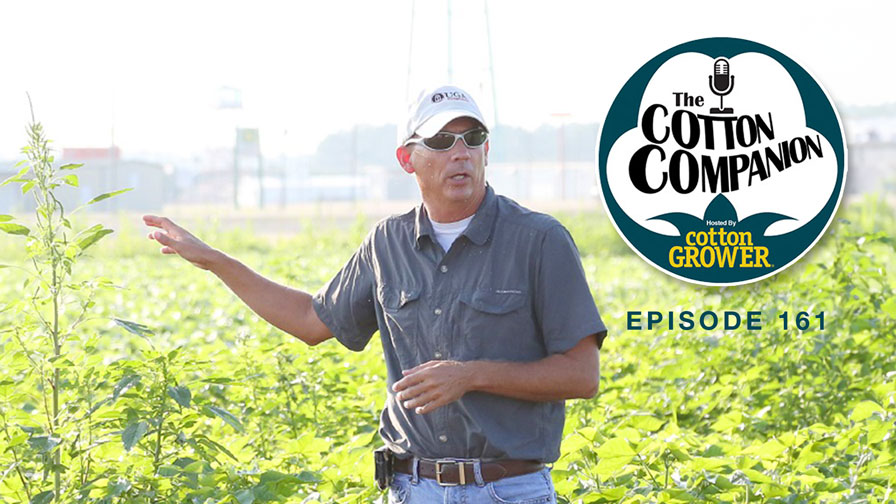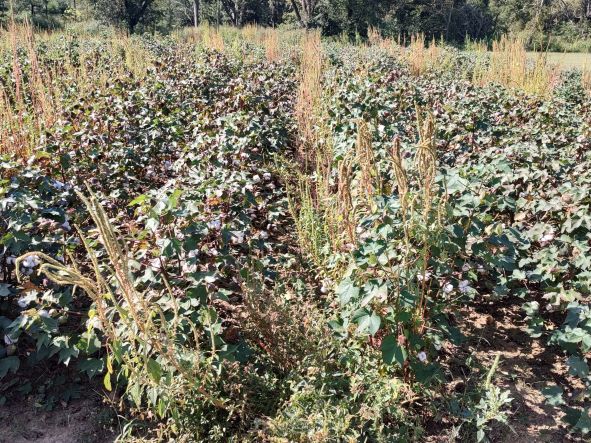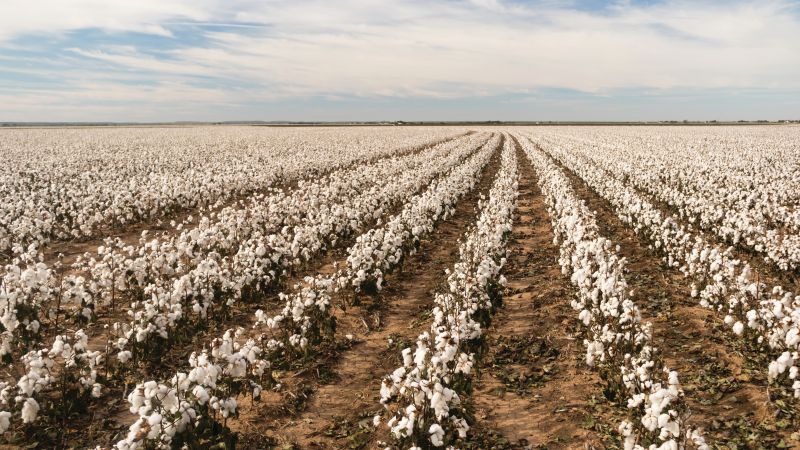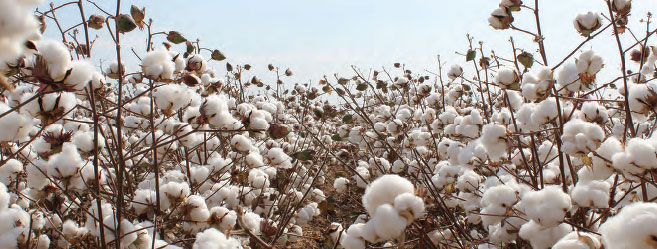Suspect Glyphosate Resistance? Shoot First and Ask Questions Later
Mississippi Extension Agronomist Darrin Dodds says many growers in his state waited too long to acknowledge the resistance problem when it first appeared several years ago. Although growers suspected they were dealing with resistant weeds, in some cases, they were hesitant to act on those suspicions. Ultimately, that slow reaction made the battle that much harder.
“In a lot of cases, when it first showed up for us, a plant would be out there in a field the size of a truck. The grower would go out there with his sprayer, thinking he’d just missed it the first time around. He’d back over it four or five times with Roundup, and the plant would be unfazed.
“Well, what happens? He harvests, forgets about it, goes into the next growing season and all of a sudden he’s got a much bigger problem,” Dodds says.
Today, he strongly urges his growers to take every precaution with any suspected glyphosate-resistant weeds.
“The biggest thing is, if you suspect they’re resistant, chop them whole. Drag them out of the field,” Dodds says. “You can really slow down how quickly resistance is going to spread on your farm if you just take that step.”
Like Texas Extension agronomist Dr. Wayne Keeling, Dodds also urges his growers to diversify their herbicide program. Residuals are a necessity in any weed management program, according to Dodds, who mentions Cotoran, Reflex, Dual, Warrant, Valor MSMA and Direx as solid options.
As with each of the other Extension experts in the Mid-South, Dodds says the biggest change in the battle against glyphosate resistance must occur between his farmers’ ears. He says many of his growers have switched to a Liberty system, using the glufosinate-based herbicide as their main defense against pigweeds. Dodds encourages growers using that system to diversify their management programs just the same as they would otherwise. Over-reliance on Liberty, he says, could lead to the same problems that over-reliance on Roundup did.
“The biggest thing for growers is a willingness to change,” Dodds says. “Start using some residuals again. If you used to plow your rows, you can do that. I’m certainly not opposed to cultivation, either. Do things like going out and chopping escapes when you see them. You have to change up your approach if we’re going to overcome this problem.”








